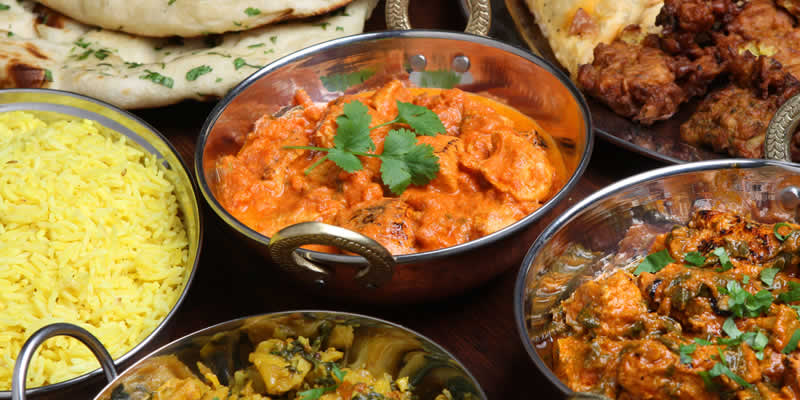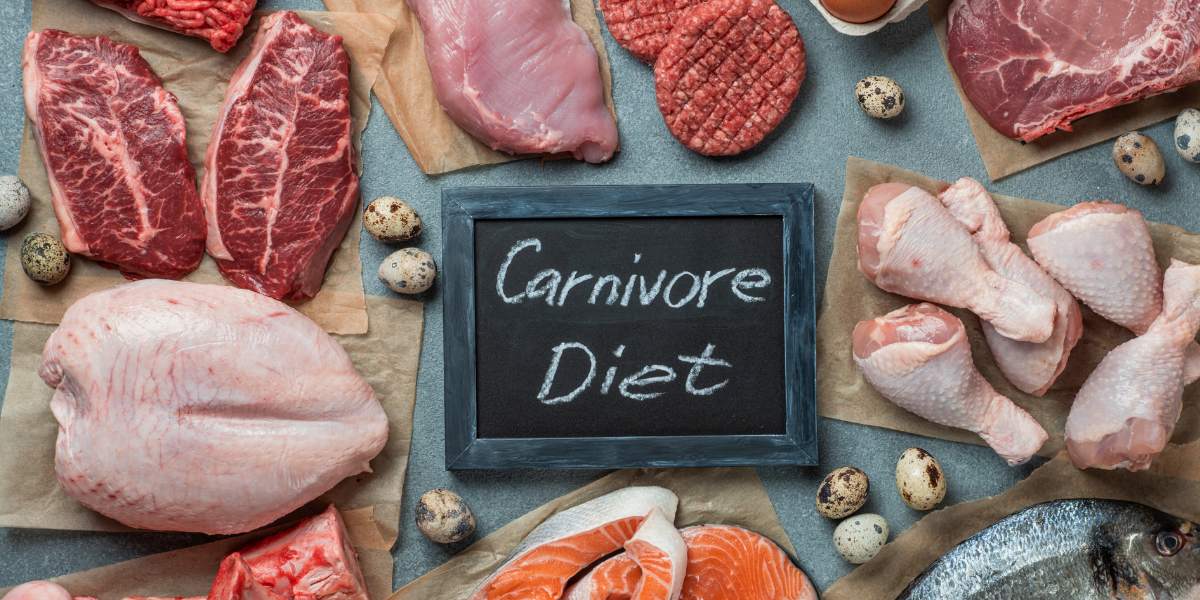Eating a curry brings joy to people more than any other takeaway, a new scientific study has found.
The trial involved monitoring the mood of more than 2,000 people by using a Brief Mood Introspection Scale (BMIS).
The research team noted how each person felt before they ordered a takeaway, and then again how they felt after they had eaten it.
The average BMIS score before eating a takeaway was 142, but after eating a curry their mood shot up to 260 on the scale, which was a rise of 83 per cent.
A spokesman for takeaway firm Lieferando, which funded the research, said: “In a bid to find which takeaway boosts our serotonin levels most, we conducted an experiment using the Brief Mood Introspection Scale (BMIS).
“The BMIS scale consists of participants rating the intensity of their positive emotions, such as happiness and liveliness, with the results then totalled to create an overall ‘happiness’ score.
“Participants’ scores were taken before eating any takeaway meal and averaged at 142 BMIS points. Their mood was then analysed after eating each takeaway to note the percentage increase in happiness.
“We found that ordering a takeaway curry increases happiness levels by 83 per cent, with a BMIS score of 260 – the highest of all meals.”
Fish and chips was the takeaway that provided the least happiness with just an 18 per cent mood increase. Sushi was the second mood-boosting takeaway with a BMIS score of 246, followed by burger and chips in third place.
At number four was Thai food with BMIS score of 233 a Chinese take-out rounded off the top five with a 225 score.
Psychologist Lee Chambers said: “Firstly, the idea of comfort food is not a myth; we can use food as a coping mechanism when we are feeling stressed, anxious or bored to anchor us in the present while enjoying it.
“Given the turbulence of 2020 and the limitations on some forms of entertainment, food has become even more powerful in being a tool of happiness and being an experience that is certain, the same every time.
“When we look at the brain chemicals at play, our favourite takeaway can trigger dopamine release.
“Even just thinking about it can stimulate this, generating a craving that we can then satisfy. An elevated cortisol level can also induce a craving for foods that create a level of comfort, especially foods with higher levels of fat.
“Ghrelin and leptin, our hunger hormones, can also impact our emotions and drive our eating behaviours. When we are hungry, and our blood sugar is low, we find it harder to manage our emotional regulation and balance.”





